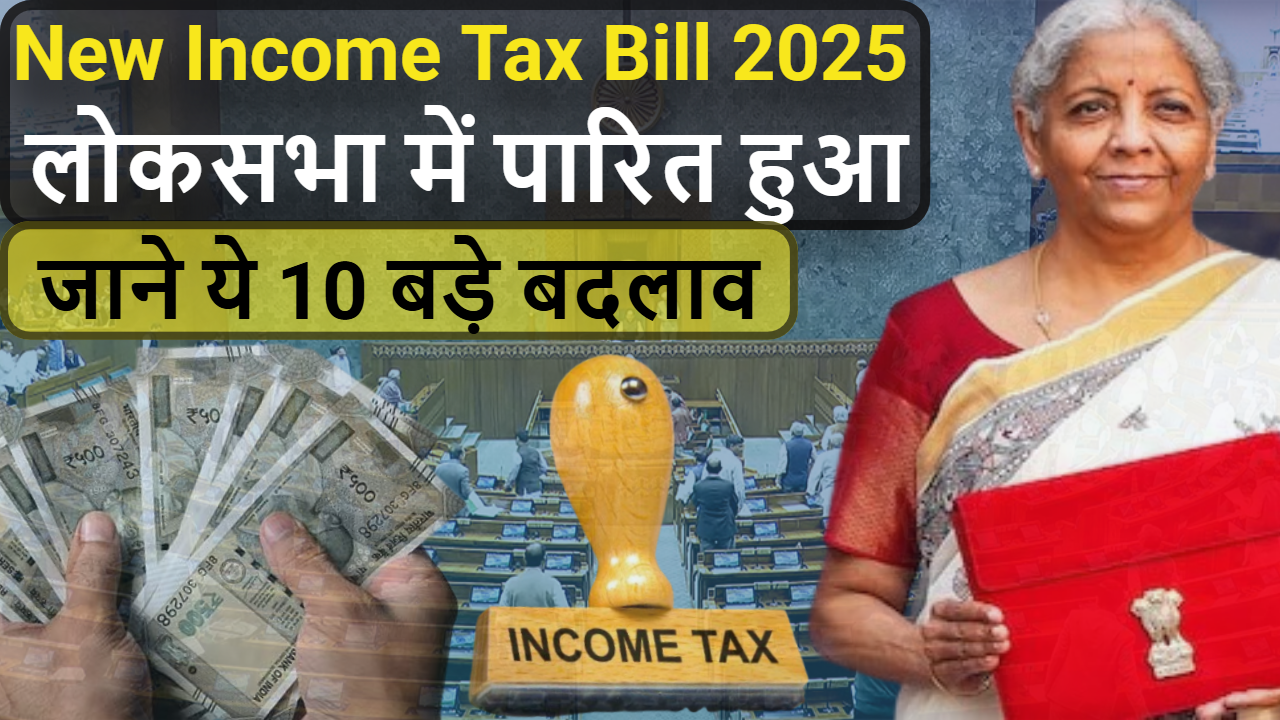New Income Tax Bill: The new Income Tax Bill has also been passed by the Rajya Sabha. Now it has been passed by both the houses of the Parliament. It will replace the old Income Tax Act of 1961. Now this bill is yet to get approval from the President.
New Income Tax Bill: Finance Minister Nirmala Sitharaman introduced the new Income Tax Bill-2025 in the Lok Sabha on Monday. After its passage there, it was introduced in the Rajya Sabha today (12 August 2025). Where it has been passed by voice vote. Now this bill will be sent to the President for approval. After this, this bill will replace the 60-year-old 1961 Income Tax Act. Last Monday, it was passed in just 3 minutes amid strong opposition from the opposition in the lower house.
It is being said that this new Income Tax Bill will come into effect from 1 April 2026. It has taken a lot of time to prepare it. Along with this, it has been molded according to the needs of the digital age. At the same time, options like Previous year and Assessment Year will be abolished and the tax year concept will be introduced.
Why was there a need for a new income tax bill?
Finance Minister Nirmala Sitharaman said that the Income Tax Act of 1961 was amended for decades. There are many complexities in it. It had become very old. In such a situation, the need for a new bill was felt. The new bill has been made under the modern economy. The language in the new law has been simplified so that common taxpayers can understand it easily. She also clarified that there will be no change in income tax rates in the new law.
There will be many big changes in the New Income Tax Bill 2025
1 – This new bill will be organised into 536 sections and 16 schedules, making it easier to both understand and read.
2 – Facility of Zero TDS Certificate will be available.
3 – Section 80M will be reintroduced to allow deduction of dividends.
4 – Even if ITR is filed after the deadline, there will be no problem in getting refund.
5 – All such clauses which do not support it will be removed.
6 – Business properties which are not being used or are vacant for a long time will not be taxed.

